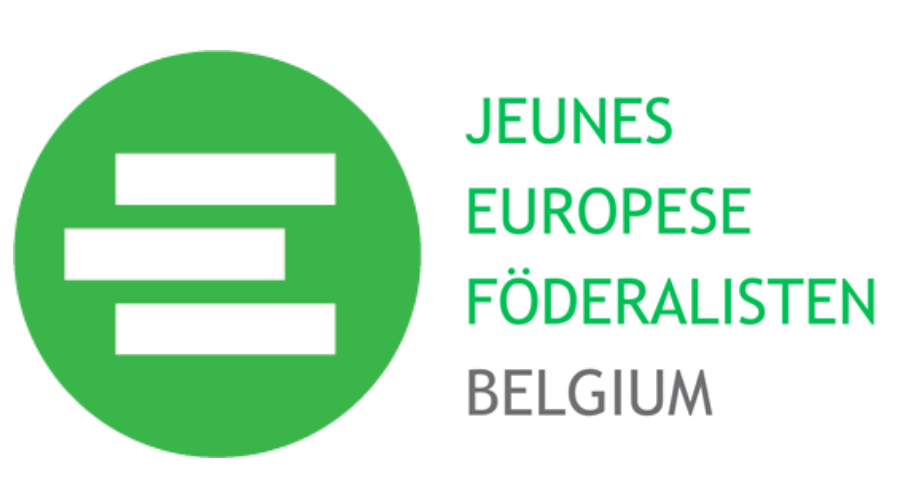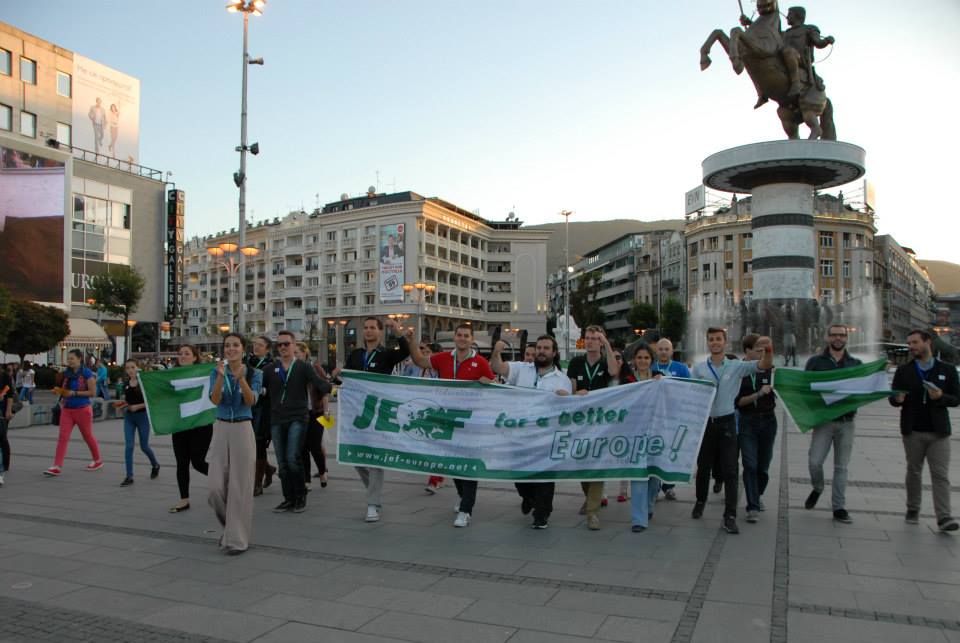StampMedia – Interviews with presidents Flemish political parties (Dutch)
 [Nederlands] JEF Belgium and the Ambrassade have worked out a program called “De Schoonmoeder aller Verkiezingen” in order to give young people the chance to raise their voice during the campaigns for the regional, federal and European elections taking place in May 2014. Journalists of StampMedia managed to interview the presidents of the seven biggest political parties in Flanders. The interviews are only available in Dutch.
[Nederlands] JEF Belgium and the Ambrassade have worked out a program called “De Schoonmoeder aller Verkiezingen” in order to give young people the chance to raise their voice during the campaigns for the regional, federal and European elections taking place in May 2014. Journalists of StampMedia managed to interview the presidents of the seven biggest political parties in Flanders. The interviews are only available in Dutch.
Bruno Tobback (sp.a): “Inspraakkanalen zijn nog nooit zo open geweest”
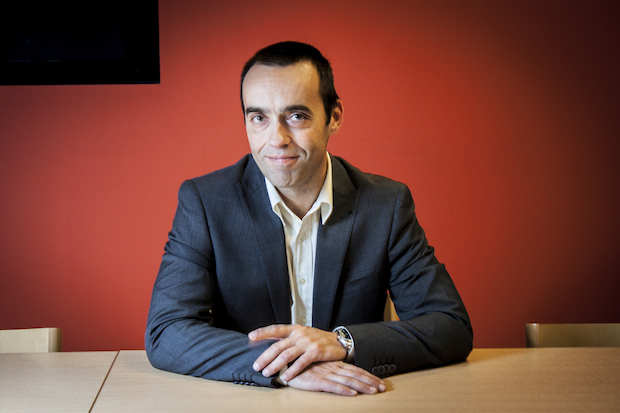 “Als de economie opnieuw aantrekt, zijn jongeren meestal ook de eersten die opnieuw werk vinden”, zegt sp.a-voorzitter Bruno Tobback optimistisch. Maar terwijl het met die economie nu net even niet wil vlotten, riskeren mensen van 14 jaar een GAS-boete als ze voor overlast zorgen. En als jongeren daar bezwaar tegen maken, wordt hun stem op democratische wijze genegeerd. Al ziet Tobback dat toch iets genuanceerder.
“Als de economie opnieuw aantrekt, zijn jongeren meestal ook de eersten die opnieuw werk vinden”, zegt sp.a-voorzitter Bruno Tobback optimistisch. Maar terwijl het met die economie nu net even niet wil vlotten, riskeren mensen van 14 jaar een GAS-boete als ze voor overlast zorgen. En als jongeren daar bezwaar tegen maken, wordt hun stem op democratische wijze genegeerd. Al ziet Tobback dat toch iets genuanceerder.
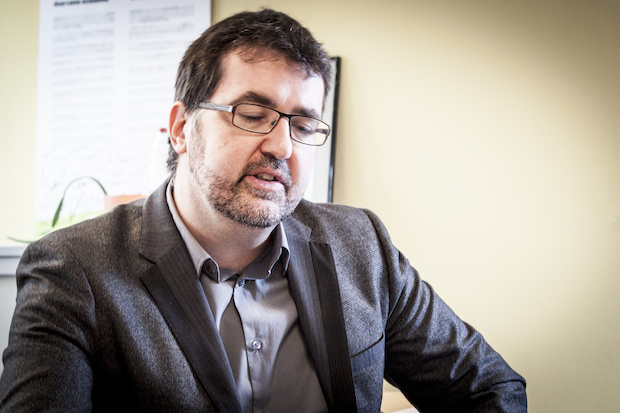
Wouter Van Besien (Groen): “Het wantrouwen ten opzichte van jongeren ontgoochelt mij enorm”
Groen stoomt zich klaar voor de ‘moeder aller verkiezingen’ van mei 2014. De rol van jongeren in het partijprogramma én de verkiezingen mag niet onderschat worden, maakt voorzitter Wouter Van Besien meteen duidelijk.
Lees verder …
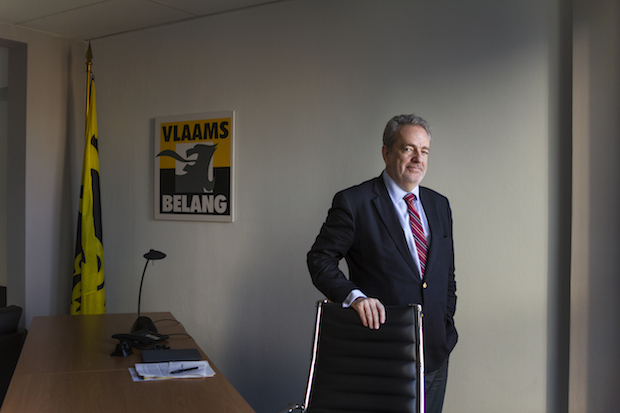
Gerolf Annemans (Vlaams Belang): “Als er veel hoogopgeleiden voor Ikea werken, is dat een goede zaak”
Het is wellicht niet voor iedereen duidelijk, maar het Vlaams Belang heeft, naast haar streven naar Vlaamse onafhankelijkheid en haar uitgesproken standpunten over immigratie, ook een sociaal economisch programma waarmee het zich in de strijd van de ‘moeder aller verkiezingen’ werpt. ‘Flexibilisering’, zowel in het onderwijs als op de arbeidsmarkt, lijkt daarbij het toverwoord. Voorzitter Gerolf Annemans licht toe.
Lees verder …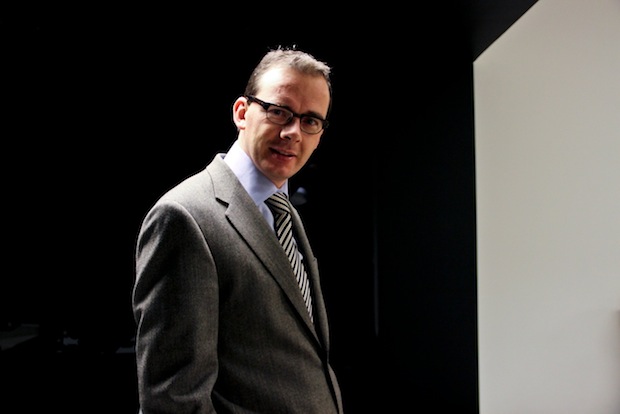
Wouter Beke (CD&V): “In een ideale wereld heb je geen GAS-boetes nodig”
Wouter Beke is sinds 2010 voorzitter van de Vlaamse christendemocraten. Daarnaast is hij burgemeester van Leopoldsburg, een gemeente zonder GAS-boetes. “Maar ik kan mij inbeelden dat er burgemeesters zijn die GAS-boetes wel nodig achten.”
Lees verder …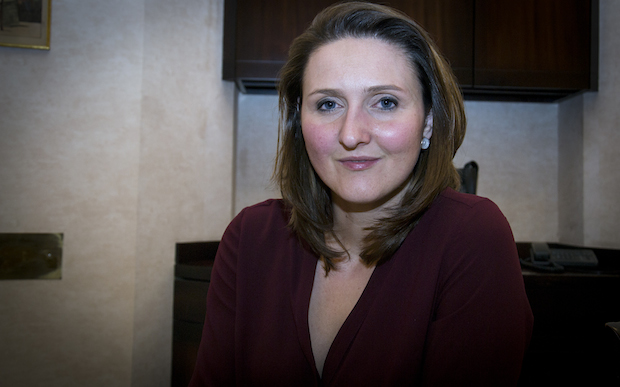
Gwendolyn Rutten (Open VLD): “Werk creëert werk”
Volgens heel wat mensen zit Open Vld in de hoek waar de klappen vallen, maar dat laat voorzitter Gwendolyn Rutten niet aan haar hart komen. Zij gelooft heilig in participatie, maar ook in de verantwoordelijkheid van de burger. Want solidariteit werkt alleen als het uit twee richtingen komt.
Lees verder …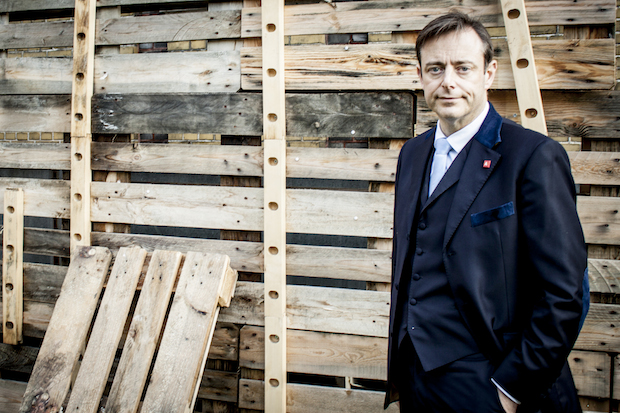
Bart De Wever (NV-A): “Wij kunnen hier een ‘jobmirakel’ bijzonder goed gebruiken.”
Toekomstvoorspellers zien een grootse overwinning voor Bart De Wever, maar alleen de verkiezingen zullen daarover uitsluitsel geven. Dat er iets aan de arbeidsmarkt, loonlasten, concurrentiekracht en wachtuitkeringen moet gebeuren, staat voor de voorzitter van de N-VA buiten kijf. De GAS-boetes zijn volgens de burgemeester van Antwerpen dan weer essentieel om een krachtdadig beleid in een grootstad te voeren.
Lees verder …
 Peter Mertens: “Als jongeren iets willen veranderen, moeten ze zelf met hun vuist op tafel kloppen.”
Peter Mertens: “Als jongeren iets willen veranderen, moeten ze zelf met hun vuist op tafel kloppen.”
GAS-boetes en interim-jobs: twee van de vele strijdpunten van PVDA+ voor de komende verkiezingen. Voorzitter Peter Mertens spaart regering, noch grote bedrijven en vraagt dringend meer aandacht voor jongeren.
Lees verder … Read more